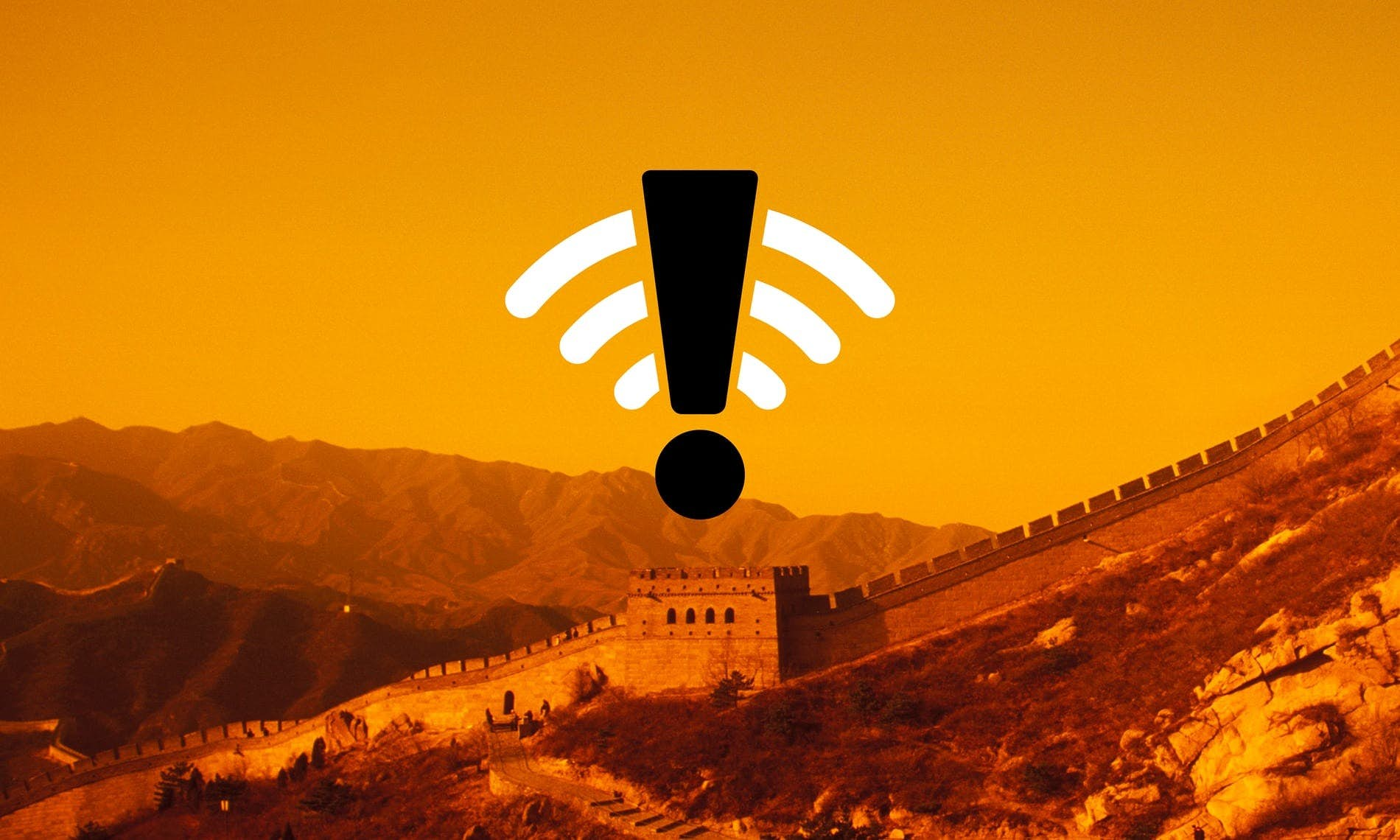In December 2015, thousands of tech entrepreneurs and analysts, along with a few international heads of state, gathered in Wuzhen, in southern China, for the country’s second World Internet Conference. At the opening ceremony the Chinese president, Xi Jinping, set out his vision for the future of China’s internet. “We should respect the right of individual countries to independently choose their own path of cyber-development,” said Xi, warning against foreign interference “in other countries’ internal affairs”.
No one was surprised by what they heard. Xi had already established that the Chinese internet would be a world unto itself, with its content closely monitored and managed by the Communist party. In recent years, the Chinese leadership has devoted more and more resources to controlling content online. Government policies have contributed to a dramatic fall in the number of postings on the Chinese blogging platform Sina Weibo (similar to Twitter), and have silenced many of China’s most important voices advocating reform and opening up the internet.
It wasn’t always like this. In the years before Xi became president in 2012, the internet had begun to afford the Chinese people an unprecedented level of transparency and power to communicate. Popular bloggers, some of whom advocated bold social and political reforms, commanded tens of millions of followers. Chinese citizens used virtual private networks (VPNs) to access blocked websites. Citizens banded together online to hold authorities accountable for their actions, through virtual petitions and organising physical protests. In 2010, a survey of 300 Chinese officials revealed that 70% were anxious about whether mistakes or details about their private life might be leaked online. Of the almost 6,000 Chinese citizens also surveyed, 88% believed it was good for officials to feel this anxiety.
Read the full articlehere.
